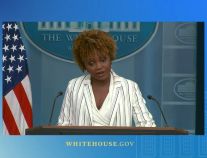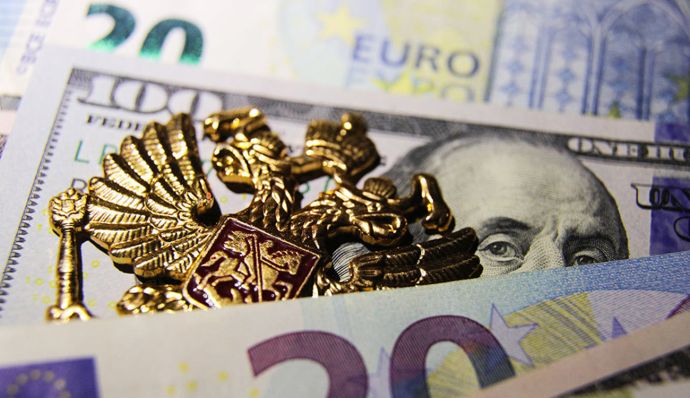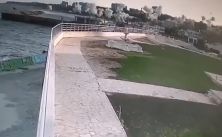The United States, together with the G7 countries, is discussing options for transferring frozen Russian assets to Kyiv. As stated by United States Treasury Secretary Janet Yellen, we are talking about complete confiscation of funds or using them as collateral. The Parliamentary Assembly of the Council of Europe (PACE) calls for the confiscation of Russian state assets and their use for the restoration of Ukraine. The Council of Europe proposes to create an international compensation mechanism that will ensure the distribution of these funds, FREEDOM reports.
PACE called for the creation of an international compensation fund. States that have frozen Russian funds will be able to transfer them to it. It is also necessary to create an international commission that will consider claims for compensation for damage recorded in the Register, says the resolution adopted by PACE.
“The mechanism will have the authority and capacity to receive and consider claims from Ukraine and other affected parties, both public and private, and distribute appropriate compensation for such claims in accordance with internationally agreed standards and procedures,” noted the representative of Albania in PACE Lulzim Basha.
But before Ukraine receives Russian assets, two preparatory stages must still go through. The first is the seizure of Russian funds. The second is the direct confiscation of this money. After this, the international community will be able to transfer Russian assets to Ukraine.
“This is very important so that in the future and now in relation to the Russian Federation, any dictator, any authoritarian power understands that there is a special mechanism internationally – the arrest, confiscation and transfer to the injured party of the assets of those countries, companies, businessmen who decide sometime in the future to start wars,” emphasized financial and economic expert Andrei Novak.
The United States, together with the G7 (“Big Seven”) countries, are exploring various options for transferring frozen Russian assets to Kyiv. American Treasury Secretary Janet Yellen believes that one of the likely proposals is for the G7 states to transfer to Kyiv percent of the proceeds from frozen Russian funds.
“The G7 countries are united that we must do everything possible within the framework of international law… We also recognize that the reason we are concerned about Russia’s actions in Ukraine is that it has violated international law, and we are trying to support the international system. So when it comes to financial penalties, we want to make sure we stay on the right side. But we also want to do everything possible to ensure that Russia is held accountable for the terrible damage it has caused,” said British Chancellor of the Exchequer Jeremy Hunt in a comment to Politico.
As Novak explained, the actions of the international community in this situation are justified.
“Even when force majeure is at the highest level, which is war, Western countries still, even in relation to the aggressor, terrorist organizations, follow internationally accepted legal mechanisms. And it is right. Why? Because this will make it impossible for this situation to return for any reason,” the expert emphasized.
The G7 countries are closer than ever to a consensus on the use of Russia’s frozen assets, the Telegraph writes. Speaking in parliament, British Foreign Secretary David Cameron noted that about $300 billion of frozen assets of the Russian Federation will help cover part of Ukrainian needs.
Read also: Ukraine’s Foreign Minister to seek more air defense systems from partners at G7 meeting in Italy
Let us remind you that one of the most important topics of the PACE spring session is the restoration of Ukraine at the expense of Russian frozen assets. This process is moving forward very actively, and it is irreversible, said the head of the Ukrainian delegation to PACE Maria Mezentseva. Ukraine’s support in this direction is unanimous.













